What is Laser Gum Surgery?
There are a few ways to treat periodontal disease, but one of the best options is with laser gum surgery. Gum disease is a condition in which the gum tissue becomes inflamed and infected, and eventually leads to more severe symptoms like bone and tooth loss. Before we discuss laser gum surgery, it is important to understand exactly what periodontal disease is and what impact it can have on your oral and overall health.
What is Periodontal Disease?
At each tooth, we have a pocket between the gum tissue and the tooth. Healthy gum pockets have a depth measurement of 0 to 2 millimeters, but patients who have a buildup of tartar and bacteria will have pocket depth measurements much higher than 3 or even 4 millimeters. The first stage of periodontal disease is identified as gingivitis, which is simply the inflammation of the gum tissue. At this point, it is relatively simple to cure and does not cause any lasting damage.
Left untreated, gingivitis can rapidly turn into periodontal disease, at which point the gum pockets will begin to accumulate plaque and bacteria, which calcify into tartar. We cannot remove tartar at home; only a professional can get it off. Brushing and flossing easily removes plaque and bacteria, which is why it is so important to do so twice a day. The buildup within each gum pocket is what causes the tissue to begin to pull away from the tooth surface, exposing the sensitive, underlying roots.
If at this stage, periodontal disease continues to go untreated, it can turn into advanced periodontitis. At this point, the patient is at risk of bone loss and tooth loss. Any stage beyond gingivitis requires professional intervention and often treatment for multiple problems.
Fortunately, dental technology makes it possible to treat periodontal disease with minimal discomfort and recovery time.
What is Laser Gum Surgery?
Laser gum surgery is a procedure used to remove infection from within the gum pockets and manage unhealthy tissue without damaging healthy tissue. In addition to the treatment of periodontal disease, laser gum surgery can be used to treat a gummy smile or an uneven gum line. Traditional treatments, such as gum grafting, are much more invasive and have a longer recovery time. Laser gum surgery does not require incisions or sutures, so healing time is minimal. It is much less invasive and only takes a day or two to heal, allowing you to resume your normal diet and activities much quicker.
The laser gum surgery procedure is relatively simple and can often be completed in one visit, though that visit may be up to 4 hours. To begin, the provider will apply a topical numbing agent before administering a local anesthetic via injection directly to the site being treated. Tiny pinholes are made where the gum meets the cheek. At these points, a special tool is gently inserted and used to loosen the gum tissue from the jawbone so that it can be manipulated into position over the tooth roots. A piece of collagen is placed under the tissue at each access point to keep it in position while it begins to heal.
It is important to treat periodontal disease as soon as it is diagnosed. The gums and teeth cannot heal themselves, so things will only get worse and cause more damage, resulting in more extensive treatment and more money out of your pocket. If you experience symptoms, such as bleeding gums or swollen gum tissue, you may have gingivitis, which can be cleared up with a simple professional cleaning. Progressing stages of periodontal disease will cause damage that cannot be fixed with just a cleaning.
Who Can Have Laser Gum Surgery?
Any patient suffering from periodontal disease or any gum recession should be evaluated by a periodontist to see if they are a candidate for laser gum surgery. Almost everyone who is otherwise healthy will be able to have this procedure to restore the health of their teeth and gums. In the event that you have bone loss, your doctor may possibly be able to add a bone graft at the same time as your gum surgery.
If you have trouble keeping your mouth healthy, speak with your dentist to see what steps you can take to improve your oral care. Periodontal issues can be genetic, so even if you have excellent home care, but still struggle, they may recommend that you have your teeth professionally cleaned more than just twice a year.

